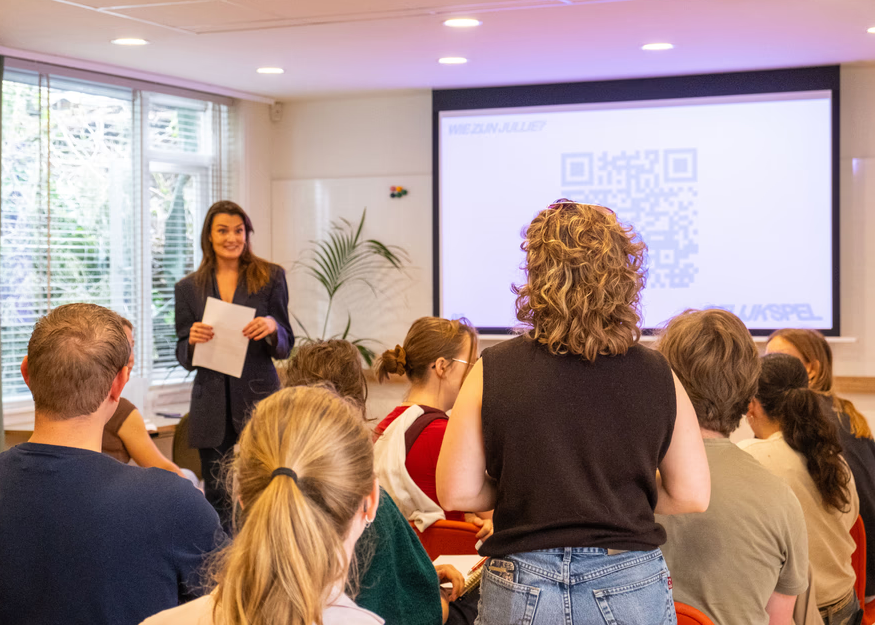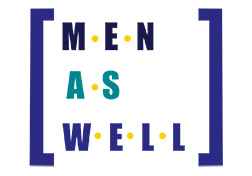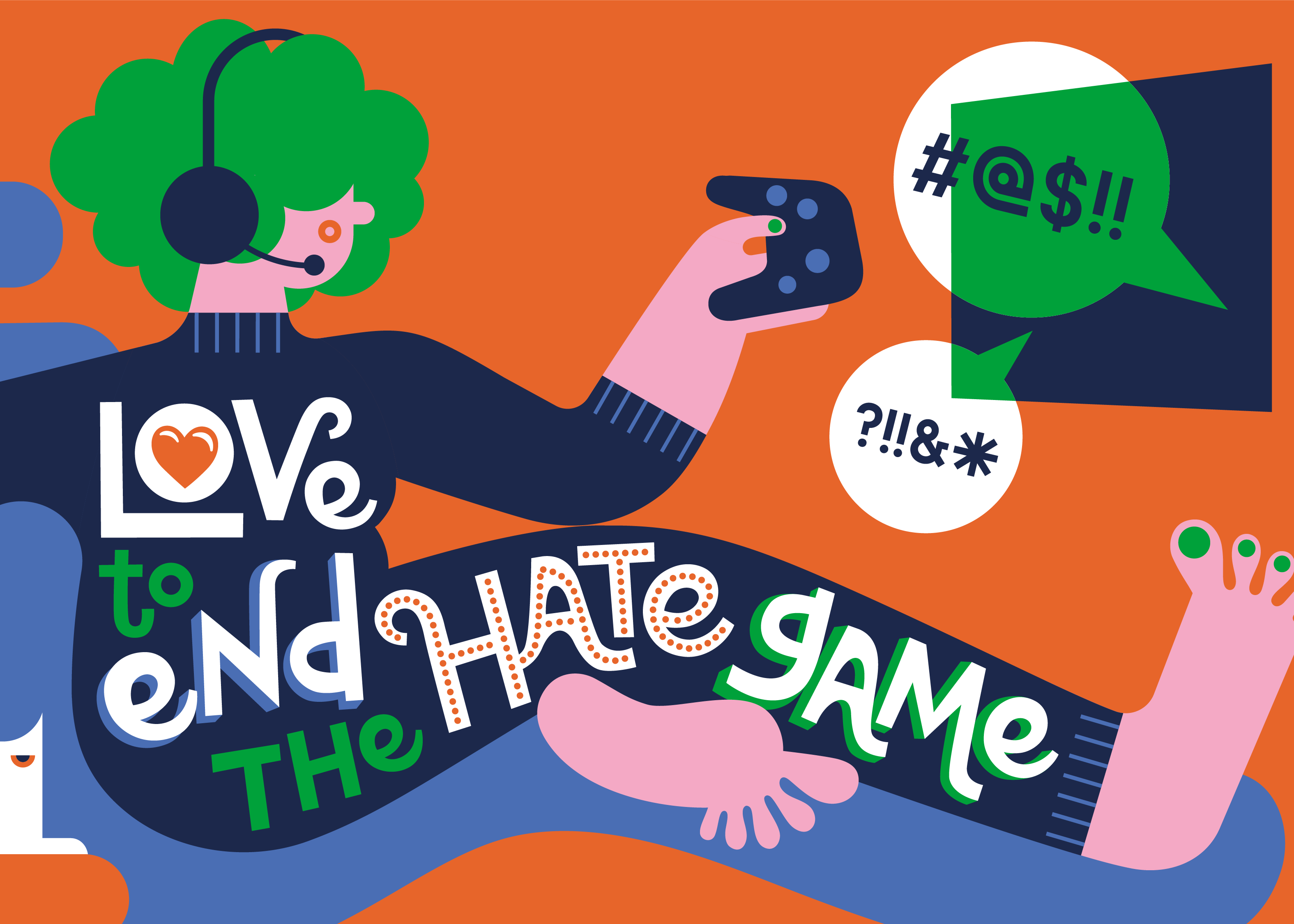Your boundaries matter
At our university, we believe it is important that everyone feels safe to set boundaries and that these boundaries are respected.
However, not every student experiences this: national research by Statistics Netherlands shows that more than half of female students (52%) and one in five male students (19%) experience sexually transgressive behaviour during their studies. Furthermore, 64% of students do not know where to go within their institution to report sexual violence.
Here you can find information on consent, support and help. Remember, you are never alone. Whether you need help yourself or want to support someone else.
This campaign makes me feel more supported by the university to talk about my experience.
What is sexual harassment?
Sexually transgressive behaviour, sexual intimidation and sexual violence all fall within the spectrum of sexual harassment. Sexual harassment can take many forms. It is any sexual behaviour that you experience as unwanted, transgressive or coerced. It may seem minor or severe, but what matters is how you experience it.
Comments, messages or looks that make you feel unsafe are also inappropriate. That is not normal and is not accepted at our university. Know that you are not alone. Our advice: seek support and talk about it.
Examples of sexual harassment include:
• Physical contact against your will, such as unwanted touching, sexual assault or rape.
• Intimidating or sexually suggestive comments, including (online) messages.
• Distributing sexually explicit images without consent, or threatening to do so.
How do you ensure consent?
-
1. Be clear – in words and actions
Are you on a date or at a house party? It remains important that both of you consent to any sexual behaviour, verbally and non-verbally. Always check your assumptions and expectations with the other person.
-
2. Dare to ask
Sometimes someone does not yet know what their boundaries are or how to express them. Are you unsure what the other person really wants to do because they seem uncertain and don't respond convincingly to your proposal? Ask before taking the next step. This provides clarity and safety for both of you.
-
3. Check that you are both thinking clearly
If someone is drunk, high or otherwise intoxicated, they cannot give consent. Cuddling up to you does not automatically mean they consent to more.
-
4. Voluntary really means voluntary
Consent is only consent if it is freely given. It can never be given if there is peer or group pressure, manipulation or physical force. Asking questions does not mean exerting pressure or steering someone in a direction that suits you.
-
5. Alcohol or drugs are never an excuse
Even under the influence, inappropriate behaviour is never okay. Everyone has the right to safety and equality.
-
6. Saying A does not mean you have to say B
Even if you said 'yes' earlier, you can always change your mind. You can stop at any time. What the other person thinks of that is not your responsibility.
Consent: it's simple as tea
If this campaign had been in place when I experienced sexually transgressive behaviour, the threshold for seeking help would have been lower.
Where can you get help?
What is consent?
Our confidential counsellor, student psychologists and the coordinator of the CSG (Sexual Assault Center) explain what consent means and where to find support.
I thought I could only turn to the university with study-related problems, but it’s good to know I can get support for this too.
Why this campaign is and remains urgently needed
· 64% of Dutch students do not know where to report sexual violence within their institution.*
· 11% of female students and 1% of male students experience rape during their studies.*
· 52% of female and 19% of male university students experience sexually transgressive behaviour.**
· 16% of all students experience physical sexual violence.**
· 15% experience online harassment.**
· 27% experience non-physical inappropriate behaviour, such as sexually suggestive comments.**
*These figures are from the study ‘Students on rape’ by I&O Research, commissioned by Amnesty International (2021).
** These figures are from a national CBS survey (April 2025) on experiences of sexually transgressive behaviour among students aged 16 to 30. They show why attention to consent, and support for those affected, remains so important. Together, we can work towards a university where respect and safety come first.
About Consent is Key
Let's Talk About Yes
On 10 March 2022, Rector Magnificus Hester Bijl signed Amnesty International’s Let’s Talk About YES manifesto against sexual violence. In doing so, the university pledged to actively work to prevent sexual misconduct. Through the Consent is Key campaign, Leiden University is raising awareness of this issue and encouraging open discussion.
Feedback & contact
Do you have suggestions concerning this campaign or would you like to contact the team? Send an email to studentwellbeing@sea.leidenuniv.nl.
Please do not use this email address to request support. Instead, see the sources of help above.
Header and footer image by Margriet Osinga.







